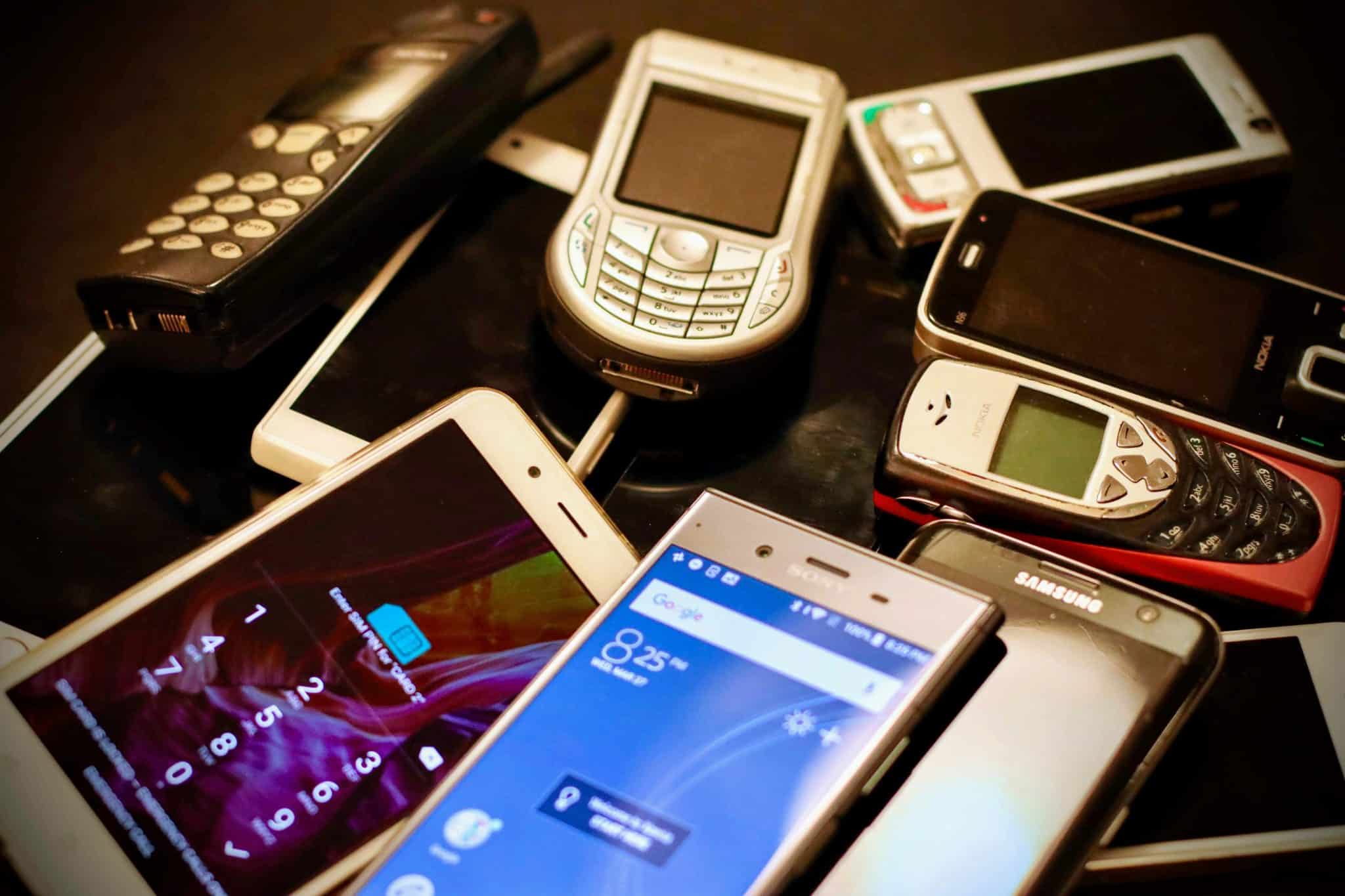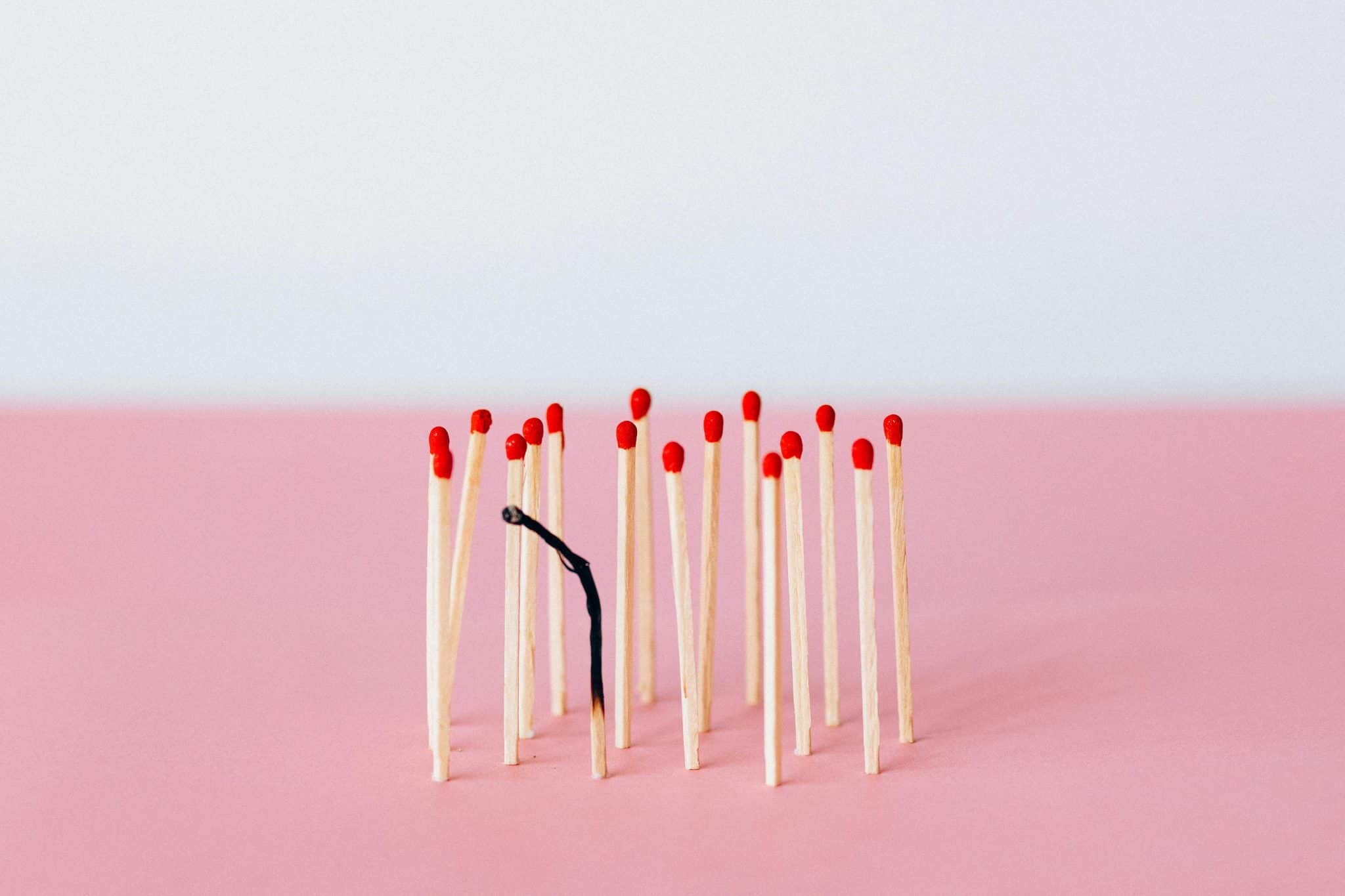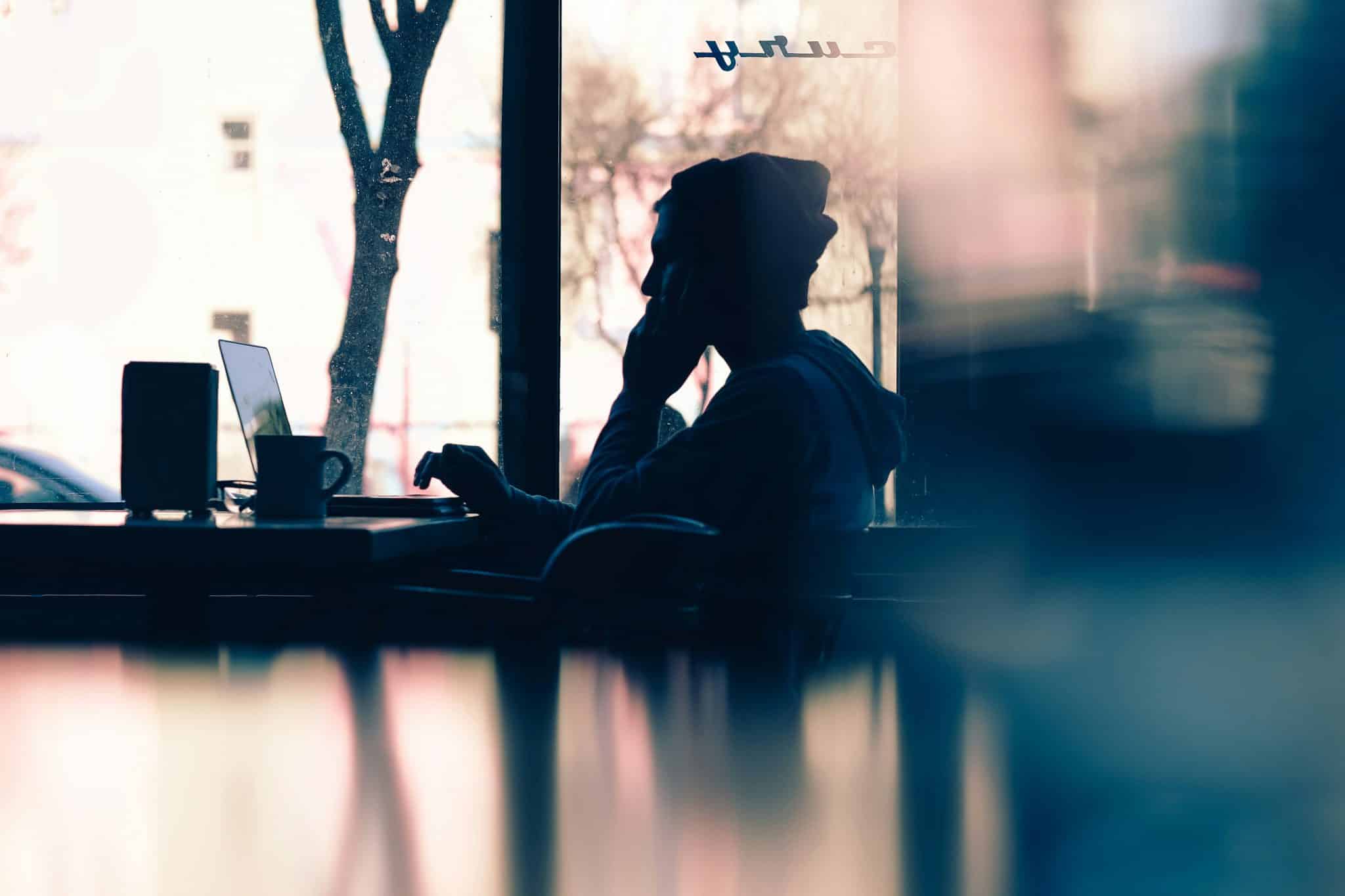Comic Writer Cavan Scott On Finding Focus With Routine + Offline Time

At Freedom, we love our users – not just because they use our product, but because they’re cool – cool people working on cool stuff. Academy Award-nominated screenwriters, best-selling authors, editors, developers, cartoonists, star TV actors and writers, academic researchers, explorers, and entrepreneurs – the Freedom community is packed with curious, creative, and efficient go-getters. We love to share their stories and advice, because how better to learn about productivity than from the productive?
Meet Cavan Scott.
Cavan Scott is a bestselling author and comic book writer who has worked on such popular franchises as Star Wars, Doctor Who, Pacific Rim, Judge Dredd, and Vikings. In 2016, he became a UK number one bestseller with Star Wars: Adventures in Wild Space – The Escape and also co-wrote Who-ology the first Doctor Who book to become a Sunday Times Bestseller in the UK. Before becoming a full-time writer, Cavan was a magazine editor for Future Publishing and BBC Magazines. In 2007 he launched the award-winning Countryfile Magazine, based on the hit BBC One series. When he’s not writing, Cavan can be found living just outside of Bristol with his wife, two daughters, and an and an inflatable Dalek named Desmond.
As a bestselling author with numerous titles and tons of experience, we figured we’d let him explain how he finds the time and focus to do the writing that matters.
How did you become the bestselling author and comic writer that you are today? What were some of the steps you took to get there?
I’ve never been afraid of putting the hours in. I always knew I wanted to write for a living, and so decided to be a magazine journalist. However, I also knew that landing a staff-writing job was no easy task. I got myself a job in the print production department of a major publisher and started nagging magazine editors for freelance gigs on the side. I’d come home in the evening and fire up the computer, writing anything I could. That eventually landed a staff-writer position on a technology magazine, but I didn’t stop, writing scripts and stories in my spare time.
My big break came when I co-wrote a Doctor Who audio script with a friend of mine. This was long before Doctor Who’s triumphant return in 2005, the period of time that Doctor Who fans call the ‘Wilderness Years’. The show had been off the air for the best part of ten years, but the flame was being kept alive by fans hungry for new adventures. There had never been so many new Doctor Who stories – from officially-licensed audio plays and direct-to-video dramas to comic strips and full-length novels. It was a great way for aspiring writers like me to break into the industry and learn their craft. One job led to another, and in 2009 I was able to quit the day job and become a full-time writer. Today I write for a number of major franchises including Star Wars, Pacific Rim, Vikings and Warhammer 40,000.
As a writer, how do you stay productive, motivated, and focused?
I’m an obsessive list-maker. I have lists for everything from my daily tasks to information I’m waiting on from other people. Nothing motivates me more than ticking things off one-by-one.
Do you have a routine or a work ritual that helps you stay focused and productive?
As a freelancer, I don’t really have average days. It all depends what project I’m working on at the time, but that’s what I love about my job. One day I’m brainstorming ideas, and the next I’m writing for eight-hours straight, whether that’s a script or novel. It’s true what they say; variety really is the spice of life.
However, this year I’ve tried to build a routine around it all. If I’m working at home, I see my daughters off to school and then go for a walk for at least half-an-hour, longer if I can spare the time. Sometimes I just walk around the neighbourhood, but if the weather’s good I try to head off to the park or the nearby woods. It’s a great way of starting the day, even when it’s bucketing down with rain. As I walk, I listen to podcasts or audiobooks to get me in the mood for telling stories.
Then I try to work a full working day, from nine-thirty to five, making sure I break for lunch away from my desk.
Having set hours is the only way I can keep sane!
At what point did you realize that tech/apps/sites were taking a toll on your productivity and time? When did you know that you had to do something about it?
I was finding it increasingly difficult to keep on top of everything and would go into a panic if something went wrong. I was also having trouble sleeping and would lay awake for hours worrying about what had happened the day before.
It became clear that it all stemmed from being online every waking moment. When I was a magazine editor, I prided myself that I was a great multi-tasker, able to keep multiple plates spinning at once. I carried on like this when I went freelance, and it was only a matter of time before I crashed. I was spreading myself too thin, and it all boiled down to the fallacy of multitasking. I was in danger of burning out.
What are your biggest distractors and how do you fight them?
Email definitely. It was becoming a real problem. An email would come in and I would feel the need to reply to it immediately, no matter what I was doing. Entire days would be lost just by reacting to whatever appeared in my inbox, so I made to decision to wean myself off email bit-by-bit.
I started by turning off all my notifications. Then I challenged myself to shut email down completely and not open it again for 30 minutes, then an hour, then two…
At first I found it really difficult, and I’d worry that editors and contacts would get annoyed if I didn’t reply immediately. But over time, it became easier, especially when I realized that no one was banging down my door to get an instant reply.
What resources or tools do you use daily and have found most beneficial to your productivity and/or writing/working process?
Freedom was vital in helping me break the cycle of constantly checking email and my social networks. And the notifications are still off. All this means that I check my messages when I’m ready, rather than having an app demanding that I open it.
I use Todoist to keep track of my various projects, my to-do lists automatically syncing to Calendar on my Mac. Evernote is another firm favorite, used to store everything from meeting notes to research materials.
What project are you currently most excited about?
The problem with much of my work is that I can’t really speak about my projects until they’re announced, but I’m in the middle of a long-term project for Games Workshop which is unlike anything they’ve ever done before. That’s definitely exciting. It’ll be a relief when I can talk about it properly!
How do you find a balance between being connected and overwhelmed?
By making sure I switch off regularly. I don’t want all this to sound that I’m perfect. I’m definitely not, but I’m trying to take control of when I connect.
For example, until recently I used to reach for my iPhone the moment I woke up. Nine times out of ten it was a bad idea. I’d find a message waiting for me that had me jumping out of bed and running to the computer before my brain was even fully engaged. So I started by banning my phone from the bedroom, shutting it in the study the night before. That meant I had to physically get out of bed to check it.
Once I’d done that for a few weeks, I challenged myself that I wouldn’t check my phone until I was showered and dressed. Then, I wouldn’t look until after breakfast, or until I was back from my morning walk. I’m certainly feeling the benefit. By the time I fire up my mac, I’ve already had some exercise and am ready to face the world.
Now, I want to cut back on screen time in the evening too. It’s all too easy to have my phone on my knee while I’m watching a film or a television programme, or even when I’m reading a book. Once again, I’ll start by leaving my devices in another room so I can really focus on what I’m doing.
What do you do outside of your work routine that helps you stay productive?
I’m a real coffee-fiend so try to also drink as much water as possible, usually with a slice of lemon.
To learn more about Cavan or his work, visit his site at CavanScott.com.
Photo: Peter Travers Photography.


